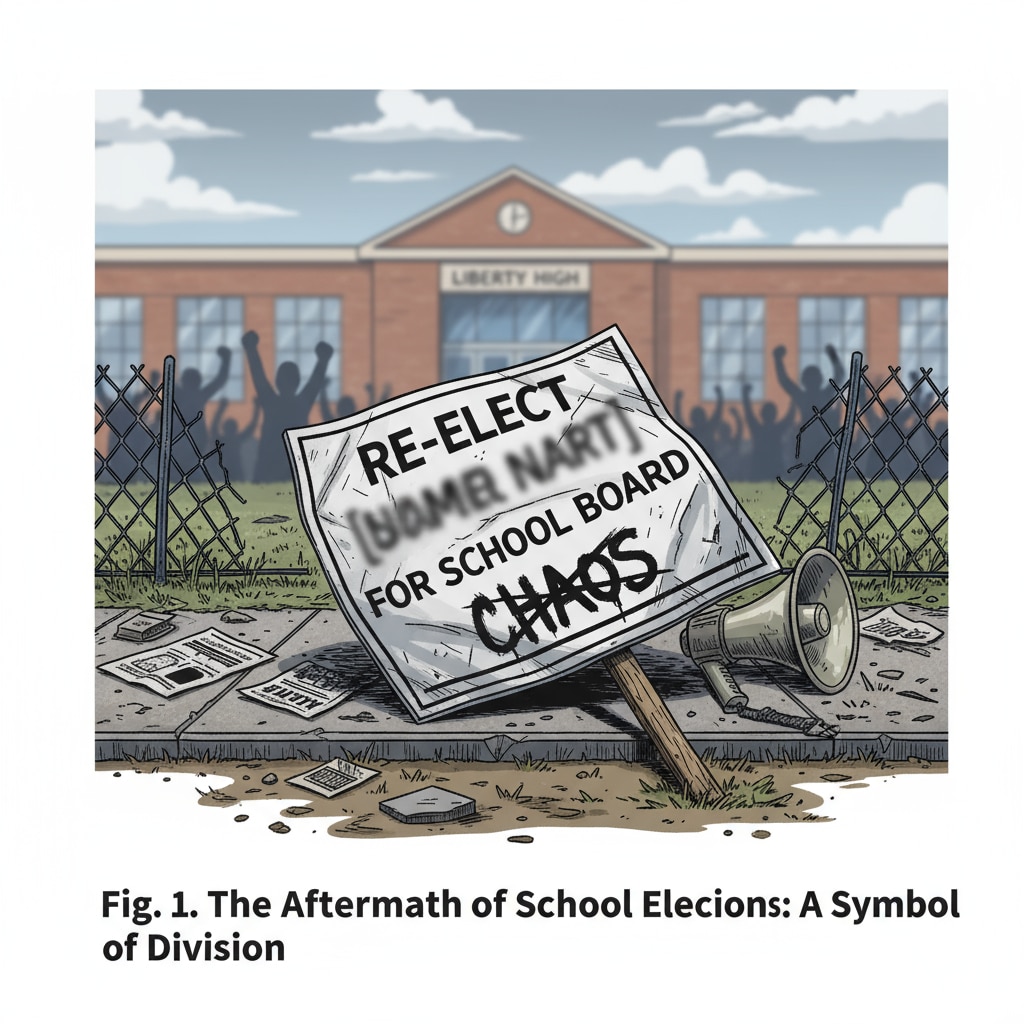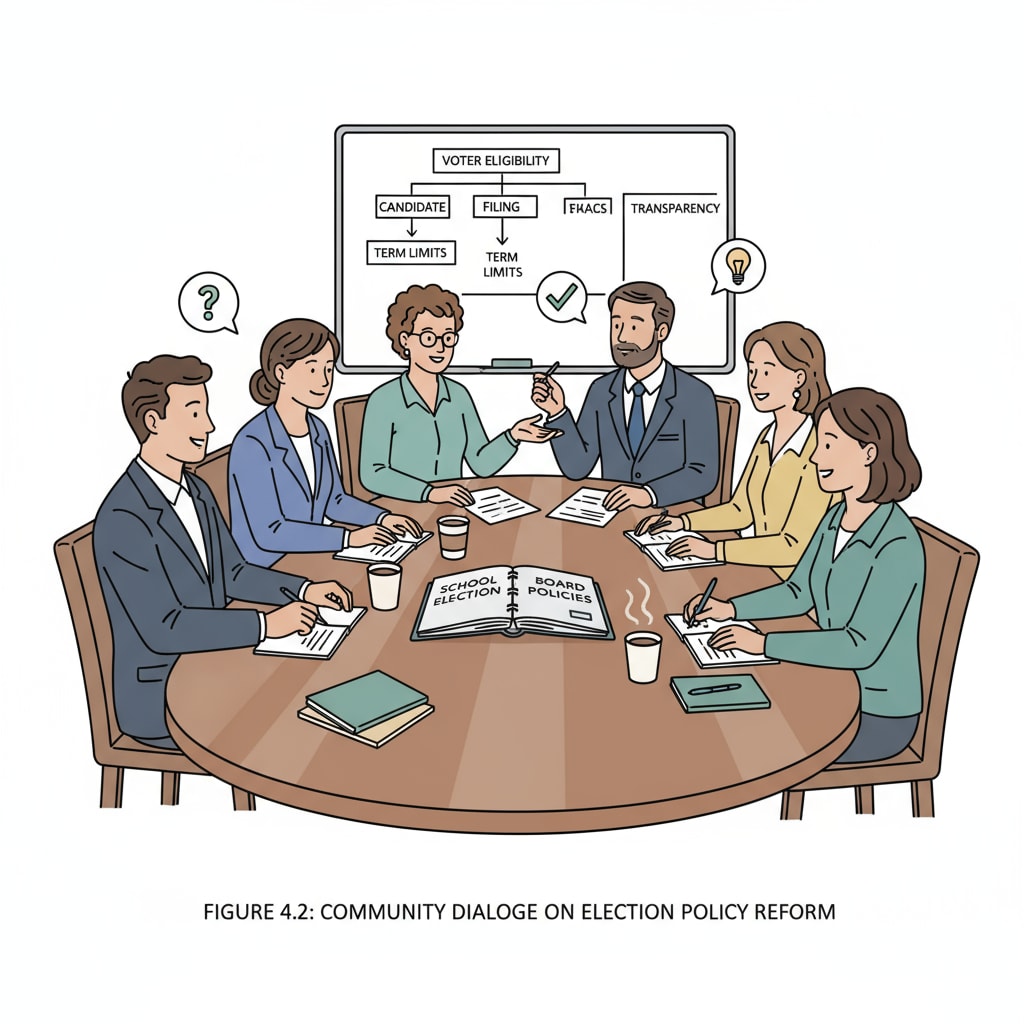School boards, political civility, and campaign conflicts are at the heart of a concerning issue in the realm of education governance. The recent incident in New Jersey, where a school board candidate drove over a rival’s campaign sign, is a glaring example of the lack of political civility in this area. This not only reflects poorly on the individuals involved but also has far-reaching implications for the education system as a whole.

The Current State of School Board Elections
School board elections are crucial as they determine who will be in charge of making important decisions regarding K12 education. However, in recent times, these elections have become increasingly heated. Candidates often engage in intense competition, which sometimes spills over into unethical and uncivil behavior. For example, there have been cases of spreading false rumors about opponents, using derogatory language, and, as seen in New Jersey, physical acts of aggression towards campaign materials. This kind of behavior is a clear violation of the principles of political civility. School Board on Wikipedia
The Importance of Political Civility
Political civility is the cornerstone of a healthy democratic process. In the context of school board elections, it is essential for several reasons. Firstly, it sets a good example for students. When they see adults behaving in a respectful and civil manner during elections, it instills in them the values of democracy, respect, and tolerance. Secondly, it allows for a more productive discussion of issues. Civil discourse enables candidates to present their ideas and policies clearly, without being overshadowed by personal attacks. This ultimately benefits the students, as the focus remains on improving education.

Political Civility on Britannica
To address the issue of campaign conflicts and restore political civility in school board elections, several steps can be taken. Firstly, candidates should be educated about the importance of civil behavior. This can be done through training sessions or workshops that focus on ethical campaign practices. Secondly, there should be clear rules and regulations regarding campaign behavior. These rules should be strictly enforced, and candidates who violate them should face appropriate consequences. Finally, the public should also play a role. By demanding civil behavior from candidates, the public can create a culture where political civility is the norm.
In conclusion, school board elections must be conducted with political civility. The incident in New Jersey serves as a wake-up call, highlighting the need to redefine the boundaries of campaign behavior. By focusing on the students’ interests and promoting civil discourse, we can create a more positive and effective education governance culture.
Readability guidance: Use short paragraphs and lists to summarize key points. Provide a list under each H2 if possible. Control the proportion of passive voice and long sentences. Incorporate transition words (however/therefore/in addition/for example/as a result, etc.) throughout the text.


